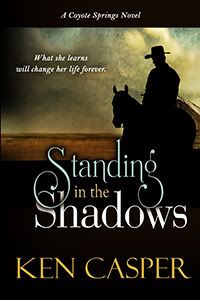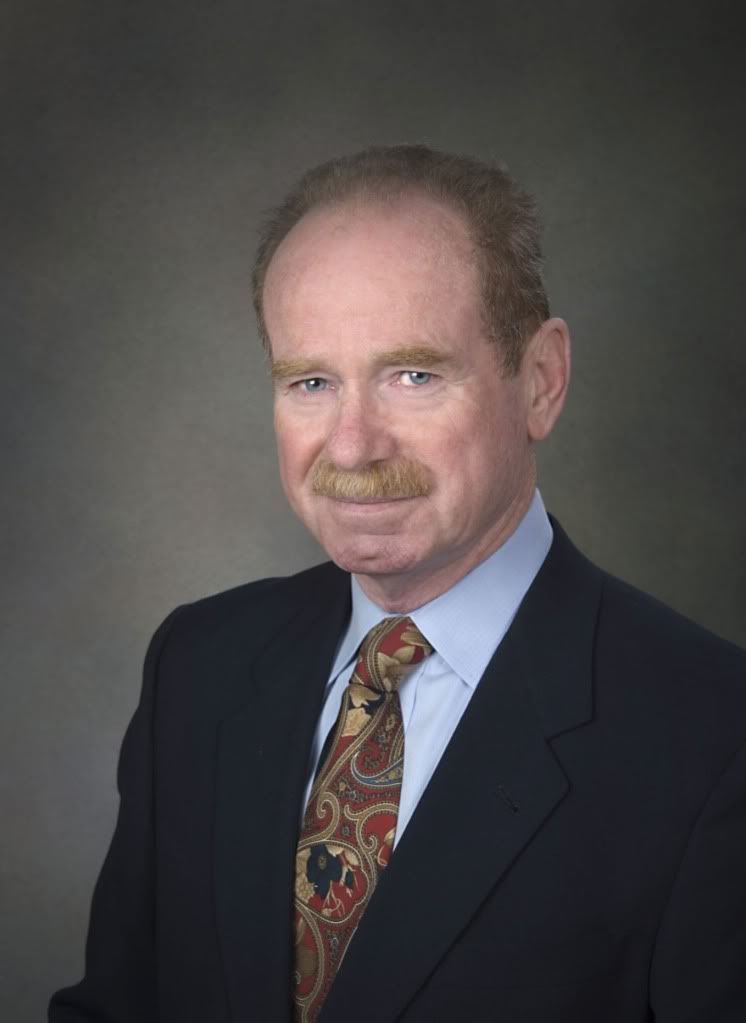I read an obit some time ago on page 2 of our local paper. It noted that the deceased, who went to the Lord at the age of 98, was not a native Texan, though he had arrived here in a horse-drawn wagon fromArkansaswith his parents when he was six months old.
Texans take native-born status very seriously. Those of us who are not so blessed at birth assure our neighbors we got here as soon as we could.
There’s something about Texas and Texans that has universal appeal. Texans are a tough lot. Witness their history. Very few people “Remember the Maine,” or even Pearl Harbor, but everybody seems to “Remember the Alamo.” Texas fought its own war of independence, became a sovereign nation, then joined the United Statesby treaty. The state’s unofficial motto has become “Don’t Mess with Texas”, and the people here, whether native born or newly arrived, mean it. In Texas you look the other person in the eye and take off your work glove before shaking hands, and a handshake is still your bond.
We all know size matters. Texas is a thousand miles across, and like all things large it has variety. East Texas is Southern in culture: piney woods, rice paddies and sugar plantations.West Texas is, well, western. And it’s West Texas with its sweeping plains, rugged mesas, cowboys, cattle, oil wells and tumbleweed, that captures the imagination.
It can also be lonely land. The weak of heart don’t survive here, and that perhaps is what makes it so intriguing. The tough pioneer spirit and indomitable will have never died here. In the western part of the Lone Star State towns are about thirty miles apart—a day’s journey on horseback. I  wondered out loud one time why pioneers settled in some of the places they did. A fifth-generation native-Texan friend told me that in the case of her family it was where the mule died. Yep, that would stop you.
wondered out loud one time why pioneers settled in some of the places they did. A fifth-generation native-Texan friend told me that in the case of her family it was where the mule died. Yep, that would stop you.
You find wonderfully named places in Texas, like No Trees, Hell, Muleshoe, Rising Star, Dripping Springs, Uncertain, and Valentine in Loving County. There are haunted forts and Victorian courthouses, fests and fairs, smoked beef brisket and sopapillas, mariachis and lonely cowboy songs.
Most of my books are set in Coyote Springs in West Texas, but don’t look for it on a map. You won’t find it. It doesn’t exist—except in my imagination and hopefully in yours. Because it’s fictional, I’m free to put anything and anyone I want or need there, and I don’t have to worry about anyone questioning my accuracy. I also don’t have to be concerned about someone thinking I’m talking about them or someone they know.
One of the great advantages of setting otherwise unrelated stories in the same place is the sense of continuity and community that develops and builds from common characters and reference points: the name of the daily newspaper, the local steak house, the military installation. As a reader I enjoy books set in places I’m familiar with. By setting my books in Coyote Springs, I’m doing my best to develop that same feeling of coming “home.” Even if you and I aren’t native Texans!


4 Responses to “TEXAS”